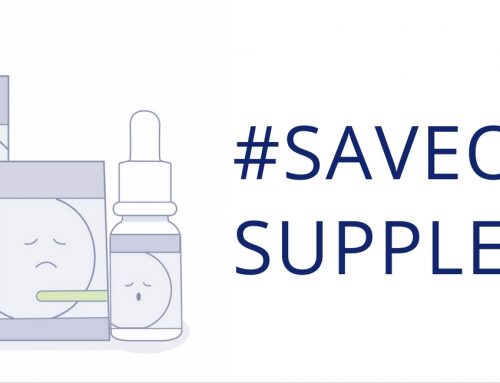What is this all about?
Health Canada released a surprising consultation paper in early September that calls for a dramatic overhaul in the way it has been regulating what it calls self-care products, including natural health products (NHPs), cosmetics and over-the-counter (OTC) drugs.
We say surprising, because the way in which NHPs have been regulated for the last 12 years ensures that consumers have access to well-made, safe, and effective products, while respecting freedom of choice and philosophical and cultural diversity.
In fact, Canada’s current system of regulation for NHPs continues to serve as a gold standard throughout the world.
As it stands now, the NHPs that you find on the shelves at your local retailer have been licensed by Health Canada. This means that a manufacturer has provided documentation that shows the product is safe and effective, along with evidence supporting any claims being made.
For instance, a wide range of documentation is currently accepted, such as proof of historical use and published scientific evidence. In addition, product labels now include detailed information to help people make safe and informed choices.
Health Canada has repeatedly stated publicly that it regulates NHPs this way because “Canadians want a range of treatment choices available to them for conditions they can manage themselves” and “Health Canada supports these choices in its licensing decisions by applying standards of evidence appropriate to the product type.”
Tell me more about the proposed changes
In a nutshell, Health Canada proposes to bring self-care products under one new set of rules and regulate each category according to potential health risks they pose.
For example, under the proposed new regime, vitamins, minerals, supplements, and homeopathic remedies would be classified as “low risk,” along with other products such as toothpaste, mouthwash, and cosmetics.
Moderate-risk products would include oral pain relievers such as ibuprofen, laxatives, and cough and cold remedies.
Products that are switching from prescription to non-prescription status, contain new medicinal ingredients and products related to cardiovascular health would be considered higher risk.
What this would mean for a newly classified low-risk NHP is that Health Canada would no longer review or license it, or review any claims it makes. The manufacturer, in fact, would be prohibited from making claims about the diagnosis, treatment, prevention, mitigation of a disease or condition. Claims other than that, such as “maintains healthy bones” or “helps metabolize fat” would be accompanied by a disclaimer indicating that Health Canada has not reviewed the product for effectiveness.
So, what does it all mean?
Health Canada’s proposal represents a marked departure from the way it has regulated NHPs for the last 12 years. The erosion of consumer confidence in NHPs may be an unfortunate outcome of the proposed new changes.
The health agency’s proposed new regulation regime for NHPs is likely to result in much less choice for consumers at a time when health concerns are rising and health awareness is growing.
Health Canada would do well to consider increasing its support of NHPs in an effort to reduce rising health care costs, particularly when NHPs have a long history of traditional use, as well as being safe and effective.
The government’s complete reversal on accepting as evidence a wide range of documentation to support NHP claims means health-aware consumers will be that much less informed by product labels. People make better-informed choices about their health when they have access to adequate and accurate information.
What’s more, the cost of NHPs could be driven up as manufacturers may face increased regulatory fees, additional labelling and advertising amendments, and perhaps even product reformulations.
How to get involved
You can make your voice heard and share your views on the future of natural health products in Canada in a few ways:
To read Health Canada’s consultation paper in full and provide your feedback, head over here. Consultation process closes October 24. Visit the Canadian Health Food Association to learn more about its #SaveOurSupplements campaign. It also provides a quick link for you to share your concerns with your local member of Parliament.
We encourage you to get involved in this debate to ensure the continued and extraordinary access to safe, effective, and high-quality natural health products that we enjoy here in Canada.






Leave A Comment